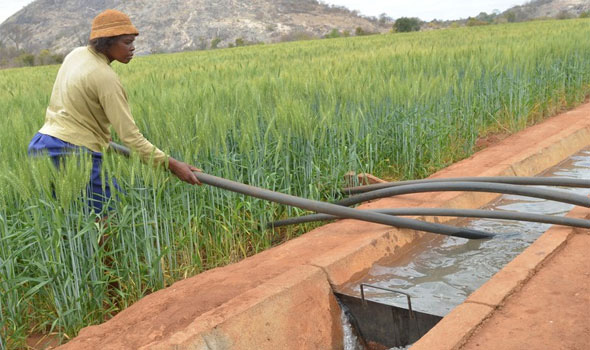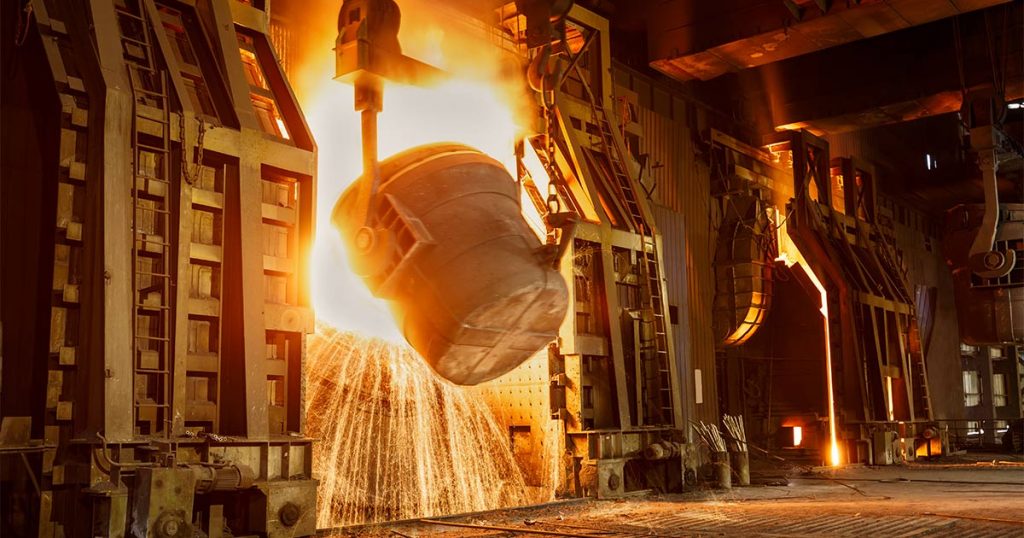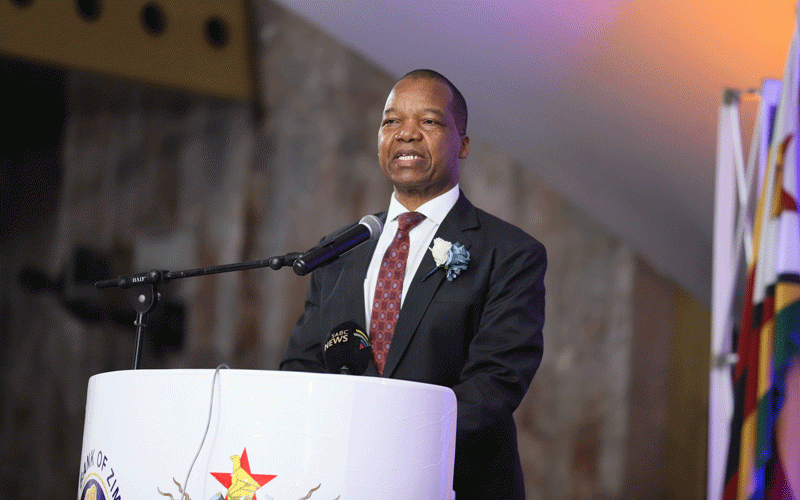Mutapa Investment Fund clusters 66 entities to optimise benefits
THE Mutapa Investment Fund has organised 66 entities in its portfolio including their subsidiaries and state-invested enterprises (SIEs), into five clusters to optimise benefits, a senior official revealed. The current clusters encompass natural resources, energy and trading, infrastructure, industrials, financial services and real estate.
There is a strong belief that state-owned enterprises and parastatals under the direct control of the Mutapa Investment Fund will recover profitability or sustain it while enhancing investment assets for the public.
Several State-owned enterprises that have been struggling were brought together, along with some already profitable enterprises as part of the Government effort to convert them into viable companies.
There is high optimism that state-owned enterprises and parastatals put under the direct control of Mutapa Investment Fund are set to bounce back to profitability, or maintain profitability and build up the investment assets that belong to the people.
Speaking at a panel discussion on “Transforming State-owned Enterprises into African Champions” during the CEO Africa Roundtable annual meeting in Victoria Falls last week, Mutapa’s deputy chief investment officer, Mr Ernest Denhere, highlighted the clustering of entities to streamline strategies across the portfolio.
“There are about 66 odd companies in the fund’s portfolio, but there are some intermediary holding companies within that mix, some operational, some dormant, listed and state-owned entities,” he told delegates.
“In terms of management, what we have done at the moment is how best to understand the portfolio and see areas of improvement. Some companies are profitable, others are loss-making or breaking even.
“We have set an investment strategy for the fund and we have clustered the fund into five areas, the natural resources, energy and trading, infrastructure, industrials and financial services and real estate.” “This is to bring some functionality in terms of how we are going to drive strategies into different portfolio entities.”
Mr Denhere said the fund is currently seized with looking at how to maximise the portfolios, understand what the quick wins are and how to allocate capital efficiently.
“We are focusing on infrastructure, mining and energy, which we think are enablers for economic growth. Vision 2030 aspirations that the Government has laid out, those need core focus in terms of how we bridge the current energy deficit.
“At the moment it’s about looking at how to maximise the portfolios, understand what the quick wins are and how we can allocate capital efficiently.”
In his contribution, Minister of Higher and Tertiary Education Innovation Science and Technology Development, Professor Amon Murwira said it is critical to convert SOEs from being users to creators adding that SOEs are created to achieve national strategic goals.
The anchor for success for SOEs is in investing in innovation and having an innovative culture and not a resuscitation culture, he said.
“Innovation could make SOEs pursue blue ocean strategies where we do new things instead of the old red oceans strategies,” said the minister.
He stressed that it is important to create uncontested market space, make competition irrelevant and create and capture new demand.
He said SOEs have to create an environment for the private sector to thrive by taking the risk.
The minister added that many SOEs are failing because their primary purposes of being set up no longer exist. He said there is nostalgia in resuscitating old firms.
“It is therefore important to accept that some SOEs have to be transformed in order to remain relevant and become champions for economic growth,” he said.
Under the Second Republic, he said transformation of SOEs is a priority area in order for them to support economic growth. Formed in terms of the Sovereign Wealth Fund Act before being renamed, MIF is currently invested in over 65 companies across various sectors of the Zimbabwean economy.
MIF’s portfolio includes companies in various sectors, such as Zesa Holdings and Petrotrade (energy), Zupco, NRZ, and Air Zimbabwe (transport), Kuvimba and Hwange (mining), POSB and AFC (banking), TelOne and NetOne (telecoms)and Arda and Cottco (agriculture).-chronicle











